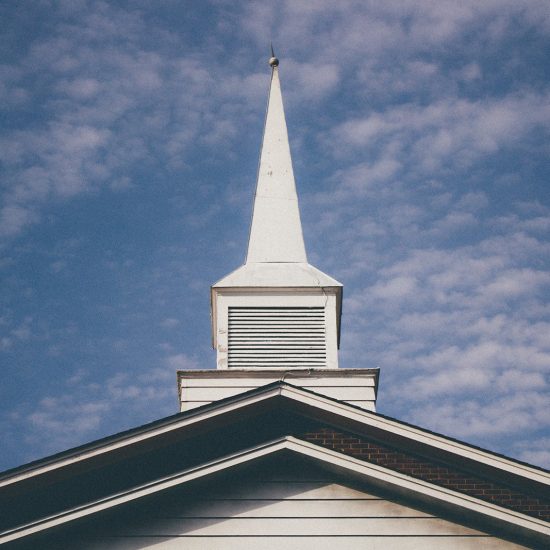Why do we have to be reminded of one of the most painful events in the life of the United States?

Bill Webb
|
Perhaps you have noticed the explosion of writing about various aspects of the Civil War in America. If you surf over to the History Channel on television, you'll experience regular documentaries on the War Between the States.
Newspapers and magazines are taking note of the 150th anniversary of the beginning of the war that literally pitted brother against brother back in the 1860s. You'll find a proliferation of books and other special publications taking note of this terrible event in American history.
The cover package in our June 9 issue explores this anniversary, particularly to look back to see how much this battle over slavery impacted the move toward civil rights in a nation that is still working on the solution to this elusive issue.
It is true that some do not view the Civil War as a battle primarily over slavery. They point to the struggle between industrialization and agrarian lifestyles, and central government vs. autonomy of states. These are recognized in our cover story treatment.
Ultimately, pragmatic and political considerations address the economic and balance-of-government issues.
The difference in slavery — the difference in the matter of civil rights — has always had to do with relationships and denigration in those relationships. The nation has taken steps to eliminate political, educational and social boundaries in an effort to improve civil rights. These steps help but they fall short.
Getting relations right between racial groups has little to do with radical hate-mongers. They disqualify themselves from the conversation. It is about normal people, respected people, intelligent people, sensitive people finally acknowledging, then engaging fellow human beings who are different.
The faith community is the best arena for progress. Because of the faith element, the engagement becomes one not between citizens but between brothers and sisters. We are not there yet.
An historical character whom I admire was a Presbyterian editor of a religious newspaper known as the Observer. His name was Elijah Lovejoy, the son of a minister in New England, who launched out for the West and settled in Missouri in the early 1800s.
A religious conversion led him to a Presbyterian pastorate and to the editorship of the Observer. Lovejoy did not start out as a crusader against slavery. He used a young slave in his publishing business for a time. Slavery was not an issue for Lovejoy until he became convinced that it was inconsistent with his faith.
For Lovejoy, the realization that slavery needed to be abolished came steadily, not all at once. Even his support of colonization — sending slaves back to Africa — was not necessarily shared by a majority of the citizens of St. Louis. He finally moved his operation to the free state of Illinois and set up shop in Alton. He faced violence in that river town, too, but his convictions emboldened him to become an abolitionist.
Opponents repeatedly raided his office and destroyed his presses. While Lovejoy defended his fourth press, a mob surrounded the warehouse where he was, tried to set it afire and finally fired the shot that killed him. The date was Nov. 7, 1837, and one historian described it as the first shot fired in the Civil War, which would not begin for another 24 years. Lovejoy's death galvanized the abolitionist movement. Ultimately, the spilled blood of not one but thousands and thousands of Americans settled the issue.
Why be reminded of the painful history of slavery and the Civil War? Because at the root, the problem of racial reconciliation and appreciation has not been fully resolved.
There is still work to do, one brother or sister at a time.
Bill Webb is editor of Word&Way.



